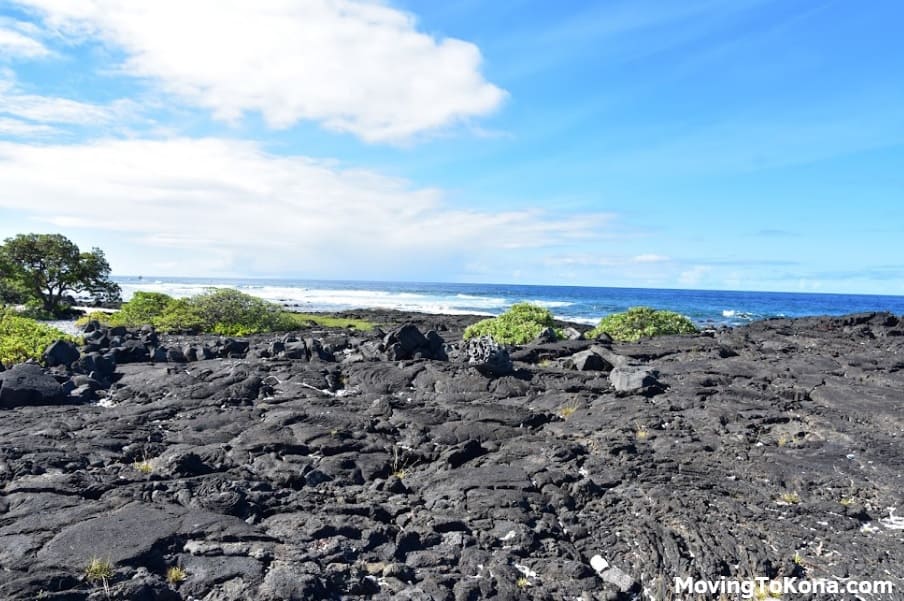What are Some Local Customs and Traditions in Hawaii?

What are Some Local Customs and Traditions in Hawaii?
Hawaii has a rich cultural heritage with unique customs and traditions. Here are some local customs and traditions observed in Hawaii:
- Aloha Spirit: The concept of aloha is deeply ingrained in Hawaiian culture. It embodies love, compassion, harmony, and respect for others. Hawaiians often greet each other with a warm “aloha” and strive to embody the aloha spirit in their interactions, treating others with kindness and empathy.
- Lei-Giving: The tradition of giving and receiving leis is an important part of Hawaiian culture. Leis, which are garlands made from flowers, shells, or other materials, symbolize love, friendship, and welcome. They are often presented during greetings, celebrations, and special occasions as a sign of affection and hospitality.
- Hula: Hula is a traditional Hawaiian dance form that combines graceful movements, storytelling, and chants or songs. It serves as a means of preserving and sharing Hawaiian history, legends, and cultural values. Hula performances can be seen at festivals, gatherings, and important events throughout the islands.
- Lomi Lomi Massage: Lomi Lomi is a traditional Hawaiian massage technique that incorporates flowing, rhythmic movements using the hands, forearms, and elbows. It not only relaxes the body but also aims to restore harmony and balance within the individual. Lomi Lomi is regarded as a healing practice, addressing physical, emotional, and spiritual well-being.
- ‘Ohana: ‘Ohana means family in Hawaiian, but it extends beyond blood relations to include close friends and community members. Family and community bonds hold great importance, and gatherings often revolve around ‘ohana, with shared meals, celebrations, and support for one another.
- Malasadas: Malasadas are a delicious treat popular in Hawaii, particularly during the Lenten season and at festivals. They are Portuguese-inspired doughnuts, deep-fried until golden brown and often dusted with sugar. Malasadas are enjoyed as a sweet indulgence and are widely available in local bakeries and food stalls.
- Makahiki: Makahiki is a traditional Hawaiian festival that celebrates the harvest season and pays homage to the god Lono. It involves games, sports, feasting, music, and dance. During Makahiki, warfare was prohibited, and people engaged in peaceful activities to honor Lono and express gratitude for the abundance of the land.
- Poi: Poi is a staple food in Hawaiian cuisine made from mashed taro root. It has cultural significance and is often consumed during traditional Hawaiian meals and celebrations. Poi has a distinct texture and taste and is considered a symbol of sustenance and connection to the land.
These are just a few examples of the customs and traditions that contribute to the vibrant tapestry of Hawaiian culture. Embracing and respecting these traditions can deepen one’s understanding and appreciation for the rich heritage of the islands.

